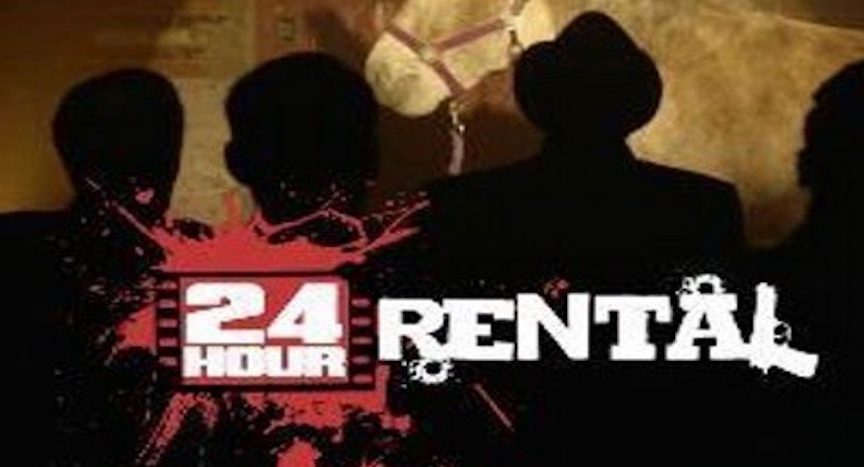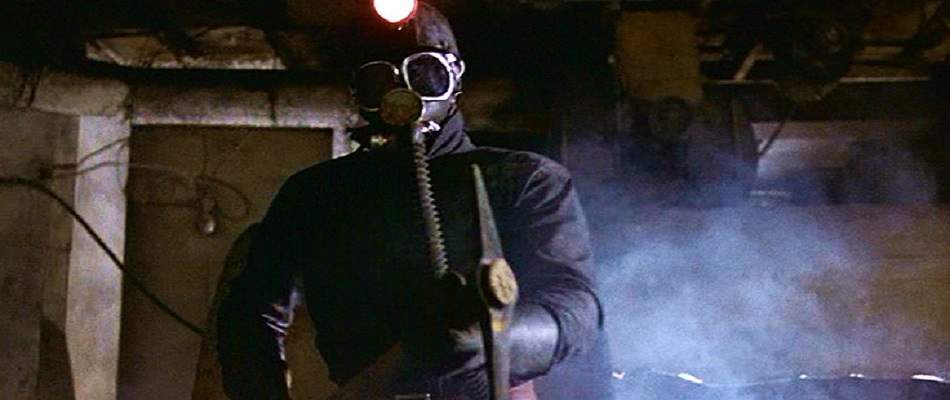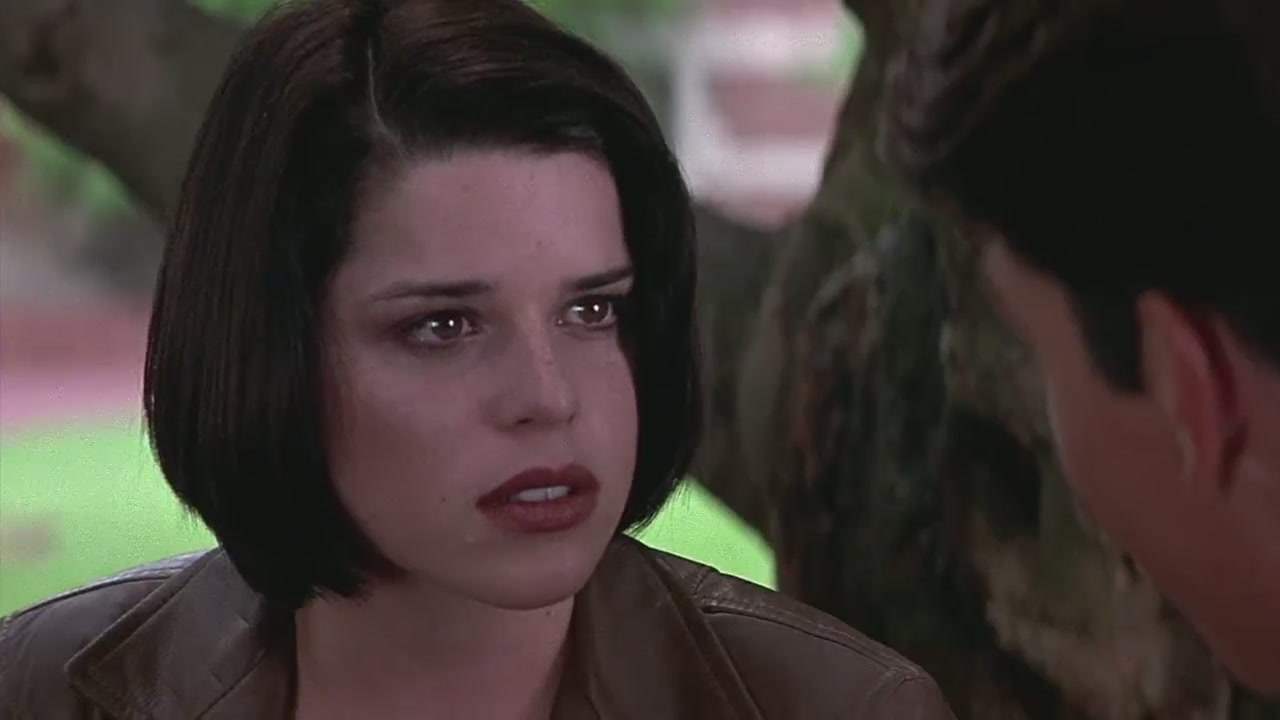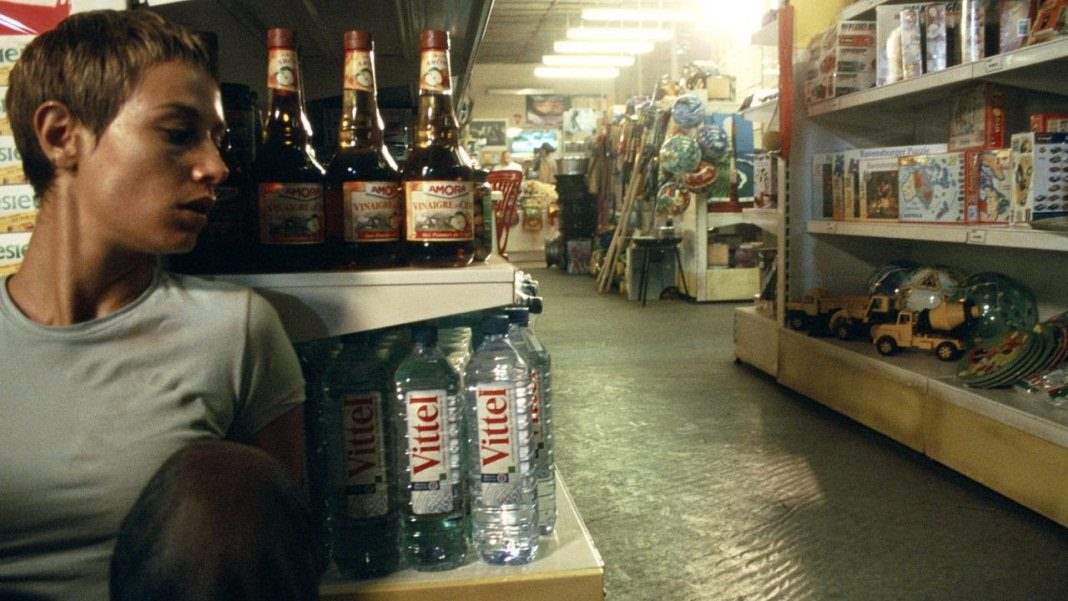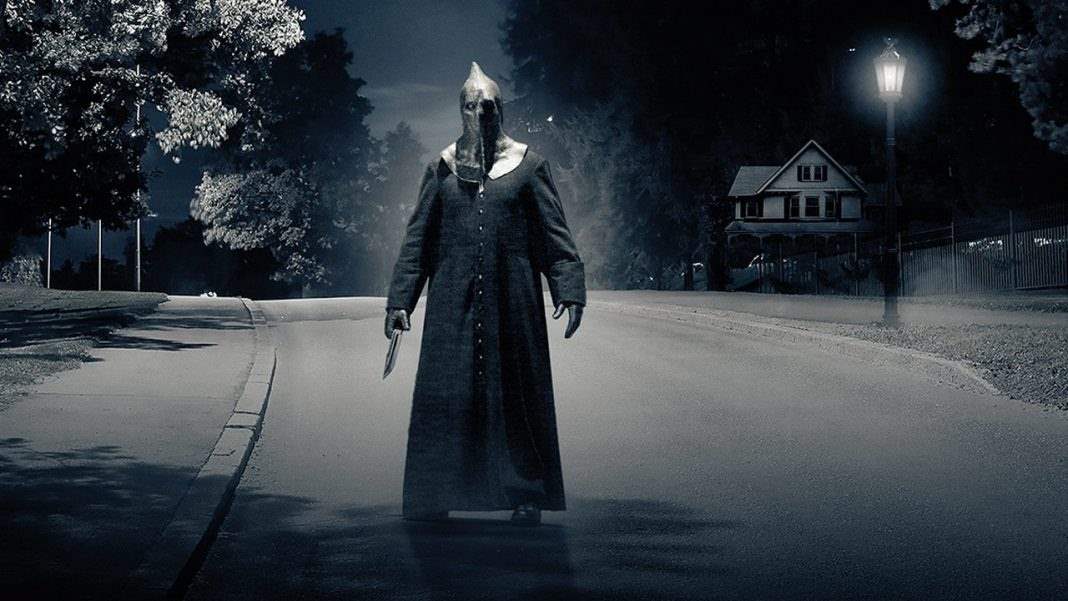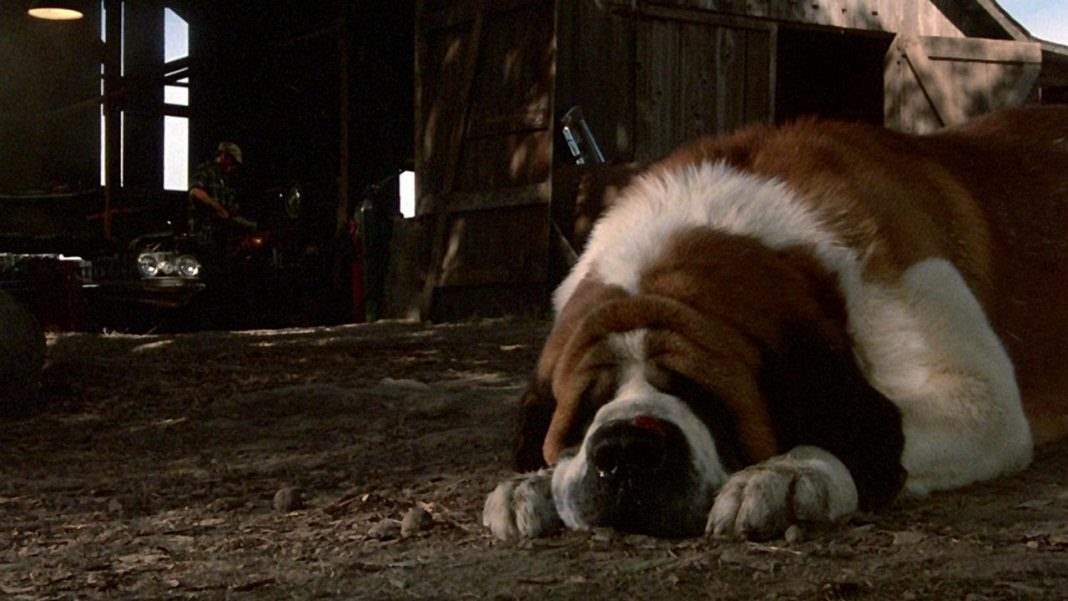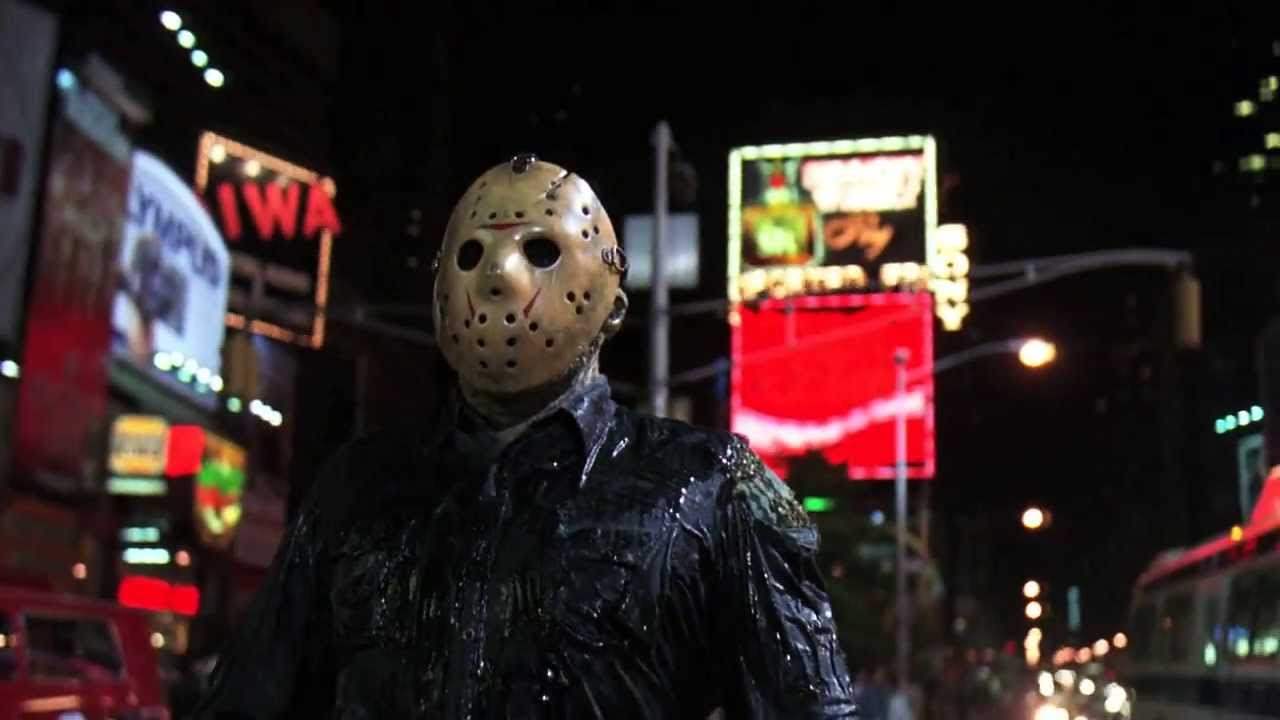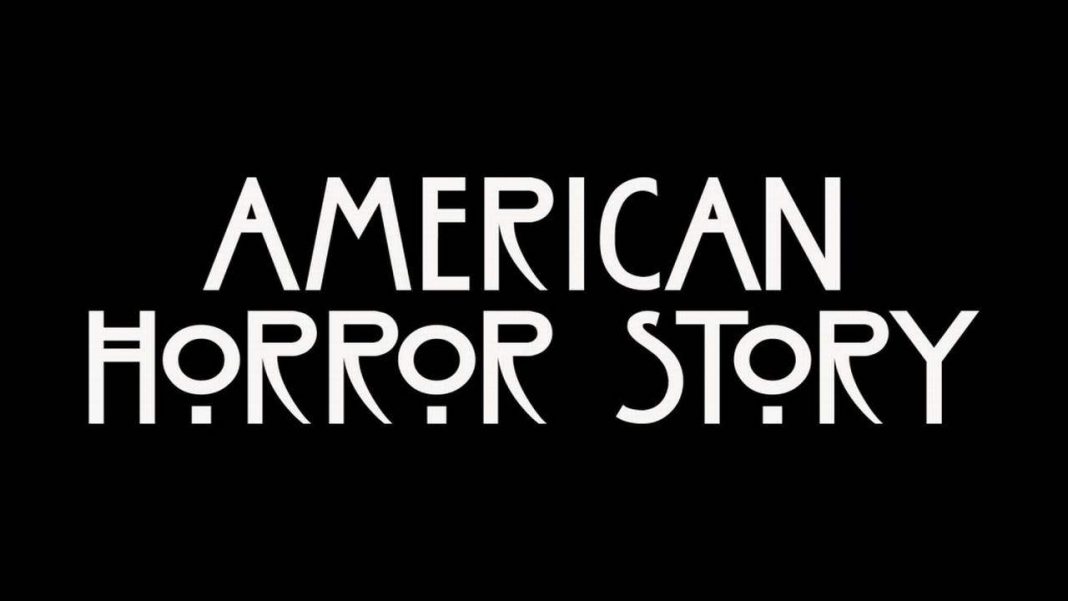George Mihalka is a director who has been working in film and television for over thirty years. He is best known to horror fans for directing the 1981 cult hit My Bloody Valentine, but his career spans much further than that. In recent years, he’s directed for shows like Da Vinci’s Inquest and Lost Girl. Now he returns with the Hulu series 24 Hour Rental, which follows a mafia tycoon trying to get back on his feet while running a trashy, low-rent video store. The series is a darkly comedic take on the traditional antihero narrative of shows like The Sopranos and has been billed as “The Sopranos meets Clerks.” The series premieres on Hulu October 30, 2015.
We caught up with George Mihalka to talk about how the new show and how it came together, as well as the differences between directing film and television and why My Bloody Valentine still holds up.
Related: Exclusive Interview: Michael Biehn on 24 Hour Rental
Wicked Horror: To get things started, how did you get involved with 24 Hour Rental?
George Mihalka: Well, we started with a very dark, very violent feature film script. We wanted to do a gangster script. I’ve always loved gangster movies, I love gangster television series. Scorcese, his gangster movies are probably my favorite movies of all time. So this feature film was so dark, so violent and so absolutely black that we had a problem getting it financed. So I and my collaborators thought, “Why don’t we do a lighter, more comical thing, make it a satire of all the gangster movies we’ve ever seen. So we decided to shoot a pilot. We got together, pulled in a little bit of money, were able to create a half-hour pilot. Because one of the things that was difficult was that it was so crazily black in many ways and so bloody and so violent that people thought “Well, this is never going to work.” But in a comedy it can work. So we created a pilot and I sold that pilot to Tom Berry, a producer out of L.A. who I used to go to film school with. And we were putting weird, f**ked up stuff together back in film school. And he thought is was charmingly crazy and wild and he said, “I think I can finance this for you as a television series.”
So, six months later, Tom said, “Well, guys, start writing.” Al and I wrote the story and then Al wrote the screenplays while I was busy getting the organization ready to make it a series. That was how it happened. And it was kind of interesting that we had at one point thought, “The only place this will ever go on is on the web. And obviously now the web has evolved to that point.
 WH: And it seems catered to the sort of web content we have now that seems to have much less limitation.
WH: And it seems catered to the sort of web content we have now that seems to have much less limitation.
George Mihalka: Well that’s exactly what we wanted to do and why it was a choice to do it at a lower budget and shoot it as one long independent movie. That way we didn’t have any interference from the network, so that was exactly our idea, to do on television something we’re free to shoot… and taking the piss out of our favorite subgenre, which was violent gangster movies.
WH: One of the things I really like about this show is that there’s no real sympathy for Tracker or any of the other characters. Was that something that was in mind from the beginning?
George Mihalka: Exactly. That’s exactly what we wanted to create, which was a bit of an indignation on the fact that these horrendous people…the tradition was, we got to find a way of making them sympathetic. And we said, “No!” We’re making a satire, let’s see what we can do about making these characters interesting but at the same time show them for what they are. Which is not sympathetic people. And I think in many ways we succeeded extremely well in that. That was the point. I don’t know if you’ve ever seen the mission statement we had, but we just wanted to take every familiar gangster theme and bloat them to the point of absurdity. We didn’t want to have any of those tropes where they’re misunderstood good guys. They’re bad guys. Michael Biehn, he plays this alcoholic ex cop who’s into watching animal sex acts, you know? There’s no reason for it.
WH: And was it difficult to push things to that point of absurdity and show that these are the worst kinds of people, but still make sure that it’s something viewers want to watch?
George Mihalka: Sure. The challenge was to find that balance between pushing them to their absurd limits but at the same time make them interesting enough and make their situation interesting enough that the audience actually has fun watching them squirm. We have fun watching Tracker squirm trying to save his hide from the Serbian gang. To the point where he has to swallow a stolen ring that he pulled off a severed finger. Here’s your big gangster now having a diamond ring in his stomach. And having to at one point go see an underground doctor to have it fished out. We thought, “That’s kind of interesting, you know?” We put these guys in these situations and that will offset the fact that they’re these lousy, unsympathetic creatures. Like it or not, when you’ve got a doctor with his hands up to his elbows fishing for a ring, you’re gonna feel bad for the guy anyway. And the more you know about film, the more you know about the genre in general, the more you get the in-jokes.
And part of it was taking the piss out of blockbusters and also, we all loved video stores. It was like going to the library.
 WH: It was an interesting decision to set it in a video store, because by and large they don’t exist anymore and the ones that do exist look a lot like the ones on the show.
WH: It was an interesting decision to set it in a video store, because by and large they don’t exist anymore and the ones that do exist look a lot like the ones on the show.
George Mihalka: Yeah, yeah, and a lot of them now…you know, basically it’s a front. It’s one of those things. When you walk into a video store and you walk out with a bag, who knows what’s in the bag besides DVD’s? You can buy lots of stuff and you can launder money. And with things like illegal adult films you can make even more money. That was the whole concept here, really, was to mix gangster violence with film criticism. That’s why we have the clerks in the store spouting off a lot of film criticism that the audience hopefully will agree with.
WH: Was it more of a challenge to direct the entire thing yourself? Obviously, most TV shows typically have rotating directors.
George Mihalka: In a sense, it’s something I’ve done before. To tell you the truth, it actually is easier. It’s easier as a director and it’s easier for the actors. They get used to one person’s voice, one person’s vision. The crew responds to that voice and that vision. And you can develop running gags with your actors because you are present for all of those. So, in my case, having done so many feature films and having showrun series that were shot this way, it made it a lot easier. We were able to riff and improvise because I knew exactly whether that improv would fit or not fit. I didn’t have to make a phone call to a showrunner to say “Hey, we’re doing this improv in episode eight, is that going to f**k up episode nine?” I knew whether we would or not, so I would have the say of either “Let’s not use this” or, “Carry on, let’s develop this!” So it gave a lot of freedom to the actors. And also obviously it gave a great deal of freedom to me.
WH: Just as a viewer, it allows for more visual and tonal consistency than I see in a lot of shows these days.
George Mihalka: Exactly. Exactly. There’s no competition between various directors trying to outdo each other. Like I mentioned before, we had to trade off some budget for creative freedom. We didn’t just want to spend money on the color of the walls, but to spend the time to work with the actors and develop the content and allow us the time and the fun to play with the deadpan comedy. The darker, the better. And we just tried to pull and twist every cliché out. Our murdering, Serbian, Eastern European war criminal gangster is actually a charming and nice grandfather. But he’s perfectly happy to have dog fights and human trafficked women fight to the death in a cage.
WH: So it’s been 35 years since you shot My Bloody Valentine. That’s one that a lot of people, certainly my generation, discovered through the video store. What is it do you think about that one that lends it to be constantly rediscovered?
George Mihalka: Well, I think one of the reasons for that is when Tarantino said it was his favorite slasher film of the ‘80’s and then called it “The Deer Hunter of horror films.” I think what makes it discoverable to new audiences is the fact that it’s not interchangeable Kens and Barbies, but actual human beings who have concerns such as unemployment. When we did it, it was almost a political statement. It was a time when industrial mills were just starting and people were getting laid off from jobs. Workers were not having the same respect.
Basically, My Bloody Valentine is about the revenge of the working man. This company decides security and safety is not important anymore and causes a major explosion in the mine, and then this man comes back to avenge that. In a sense, what makes Valentine stand apart from all of those is that it creates a real atmosphere with real people and the horror of it is visceral. Obviously, one of the reasons we did 24 Hour Rental is that we didn’t want to get censored. But one of the things that happened with Valentine was that it got totally censored.
WH: Oh, yeah, it got completely cut.
George Mihalka: Our violence was real. Our violence hurts.
WH: Yeah, it’s not fun.
George Mihalka: It feels real. You know the pain. It’s not pretty, it’s not backlit just right so that it’s almost like a beer commercial with blood. I think that’s what makes Valentine, and what was so much fun about 24 Hour Rental was that we got to do the same thing again.
